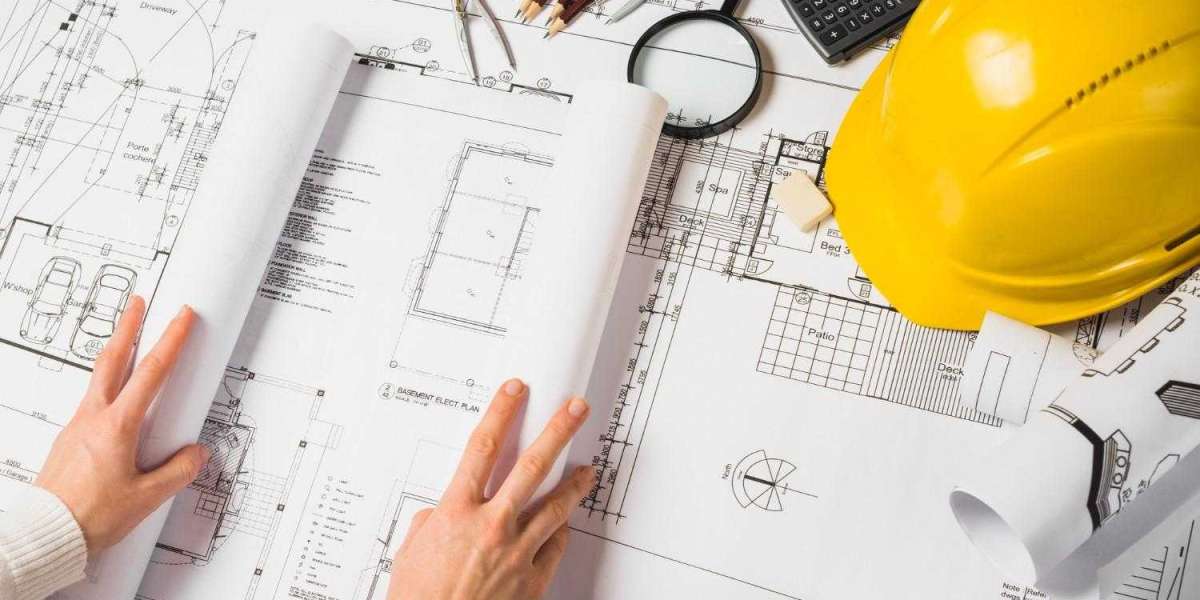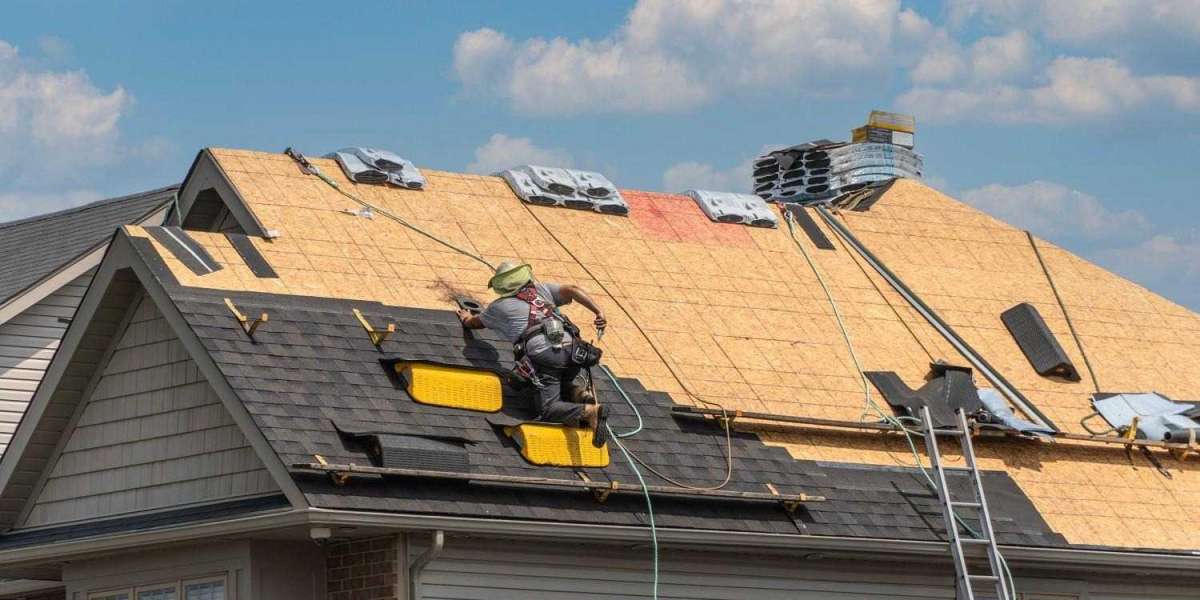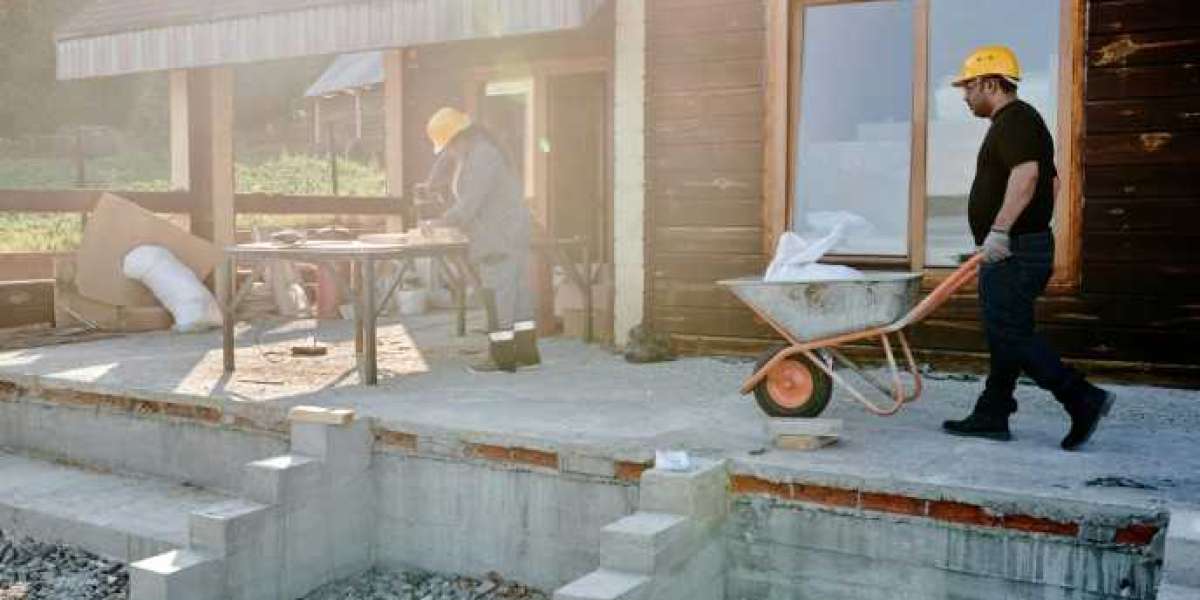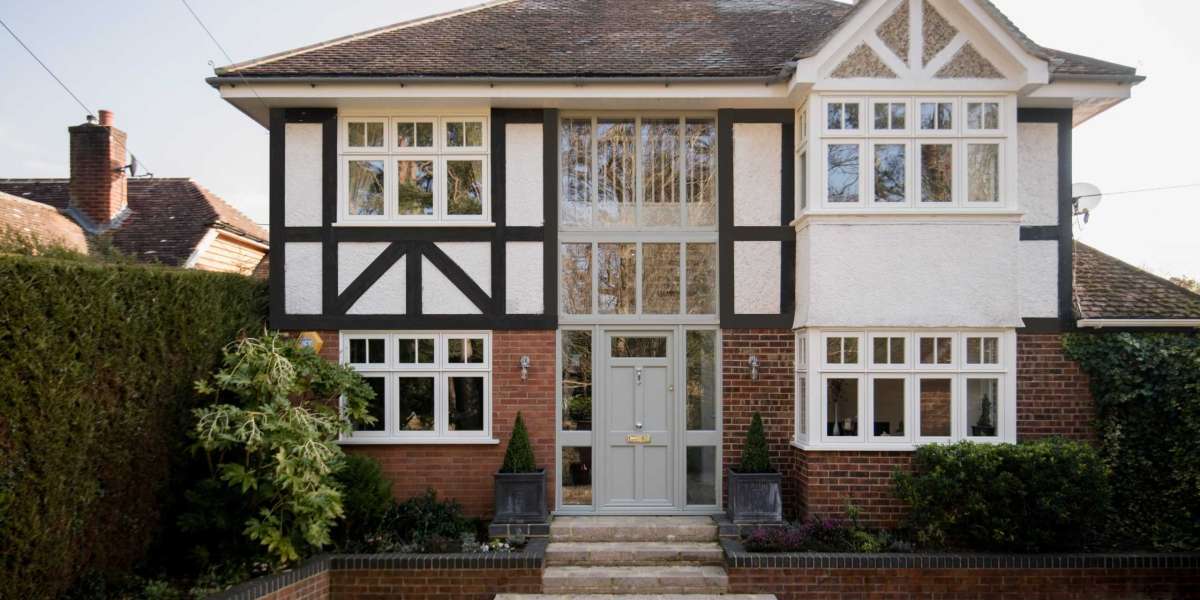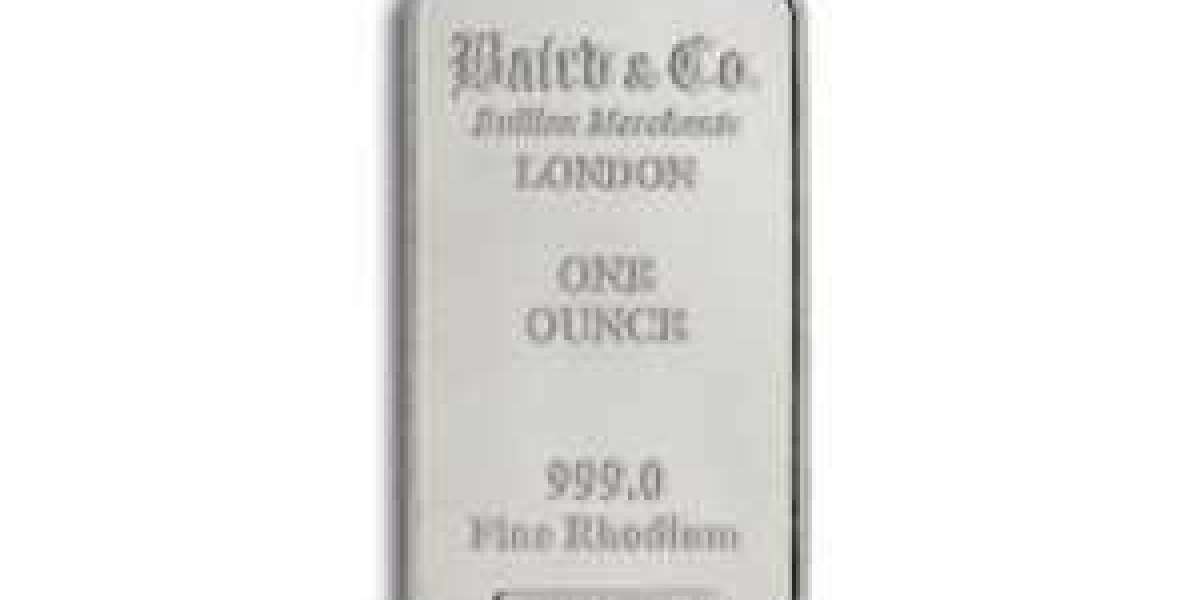When it comes to building, renovating, or upgrading your home, the type of roof you choose plays a crucial role in shaping not only the appearance of your property but also its functionality, comfort, and long-term value. The decision between a pitched roof and a flat roof is one many homeowners face, especially given the UK’s variable weather conditions, which demand durable and reliable roofing solutions.
The roof is more than just a protective covering—it impacts insulation, energy efficiency, aesthetics, and even how features such as UPVC windows complement the property. In this blog, we’ll explore the differences between pitched and flat roofs, their advantages and limitations, and help you determine which option best suits your needs.
Understanding Roofing Basics
Before diving into the comparison, it helps to establish what we mean by pitched and flat roofs.
- Pitched Roof – This is the traditional angled roof commonly seen across Britain. It has a noticeable slope, which allows rainwater and snow to drain away quickly. Pitched roofing is often associated with a classic and timeless appearance.
- Flat Roof – Despite the name, a flat roof is not perfectly flat. It is designed with a slight incline to encourage water drainage. Flat roofing has become popular in contemporary builds and modern extensions, offering a minimalist aesthetic.
Choosing between the two isn’t only a matter of taste—it’s about balancing durability, cost, function, and style.
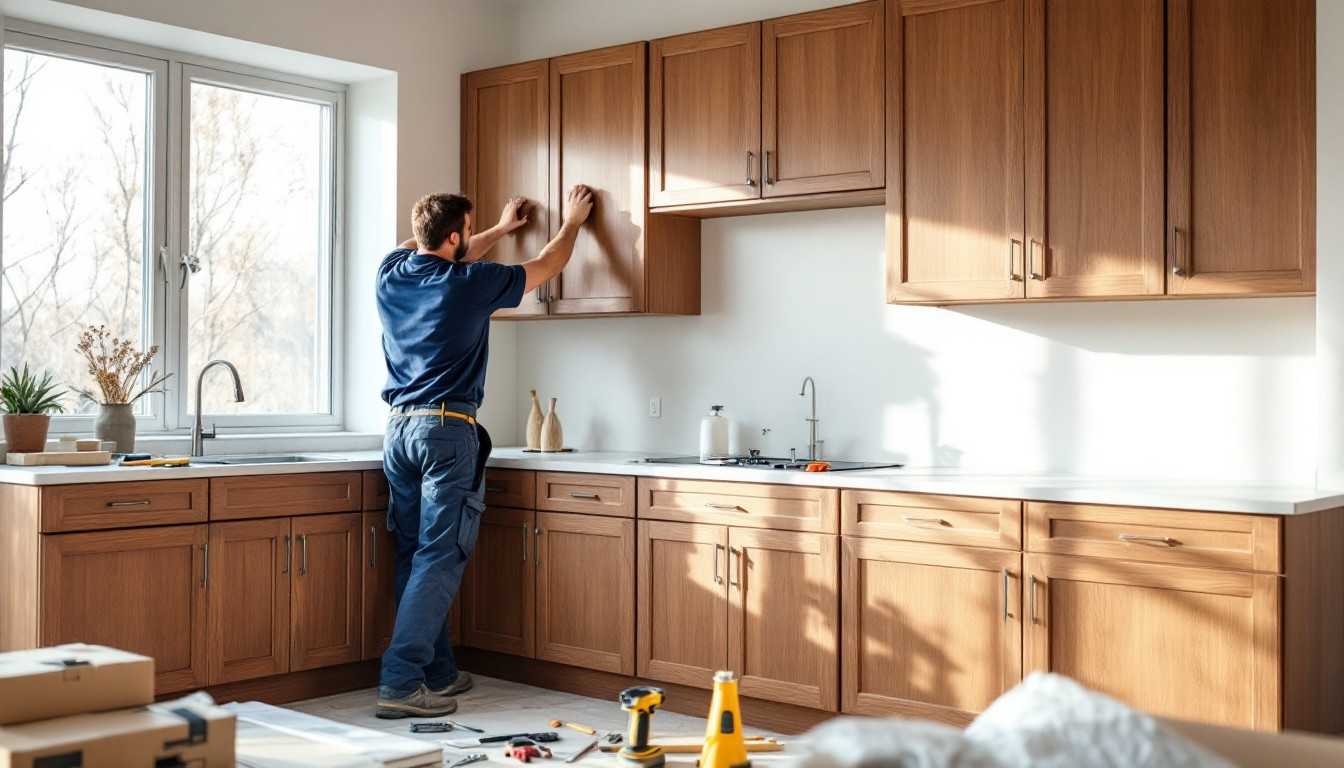
Pitched Roofs: Features, Pros, and Cons
A pitched roof remains a symbol of traditional British housing. Its steep slope offers both functional and architectural benefits.
Key Features
- Angled design, typically symmetrical.
- Provides space beneath the roof that can be used for storage or converted into a loft.
- Works seamlessly with dormer designs and UPVC windows Cardiff property owners often prefer for additional light and ventilation.
Advantages
- Efficient Water Drainage: The slope prevents water pooling, reducing the risk of leaks and dampness.
- Durability: Pitched roofing generally lasts longer than flat roofing, often standing strong for decades with proper care.
- Insulation Benefits: With quality materials, pitched roofs help regulate temperature, contributing to energy efficiency.
- Aesthetic Appeal: They offer a timeless look, blending well with traditional UK housing styles.
- Extra Space: Provides potential for loft conversions, which can add both functionality and value to a property.
Disadvantages
- Higher Costs: Installation tends to be more expensive due to complexity and material requirements.
- Longer Build Time: Construction takes more effort compared to flat roofing.
- Design Restrictions: May not suit contemporary minimalist builds.
Flat Roofs: Features, Pros, and Cons
Flat roofs are steadily rising in popularity, especially for modern extensions and urban properties. Their simplicity and adaptability appeal to homeowners seeking a sleek, modern design.
Key Features
- Horizontal appearance with a subtle incline.
- Often used in single-storey extensions, garages, or contemporary homes.
- Pairs well with large glass panels, skylights, or roof lanterns.
Advantages
- Cost-Effective: Generally cheaper to install and quicker to construct.
- Modern Aesthetic: Ideal for those who prefer clean, contemporary lines.
- Usable Space: A flat roof can double up as a terrace, garden, or platform for solar panels.
- Versatility: Perfect for extensions where a pitched roof may appear bulky.
Disadvantages
- Maintenance: Flat roofs may require more frequent checks to prevent leaks.
- Shorter Lifespan: They often don’t last as long as pitched roofs without regular care.
- Drainage Concerns: Without proper design, water pooling can occur.
Aesthetic and Architectural Considerations
Beyond function, roofing significantly influences a property’s character.
- Pitched Roofs: These convey a sense of tradition and permanence, fitting perfectly with suburban family homes, cottages, and classic British builds. They complement features such as dormer windows, giving properties a homely and established feel.
- Flat Roofs: Sleek and minimalist, flat roofs are popular in urban areas and modern architectural designs. They enhance the look of contemporary homes and are often chosen for stylish extensions.
In both cases, UPVC windows can enhance the overall look. For pitched roofs, they’re often integrated into loft conversions or dormers to bring in natural light. For flat roofs, wide UPVC window panels or roof lanterns can create bright, airy interiors.
Cost Comparison and Long-Term Value
When choosing between pitched and flat roofing Cardiff, cost plays a major role. However, it’s important to consider both short-term expenses and long-term value.
Cost at a glance:
Aspect | Pitched Roof | Flat Roof |
Installation | Higher | Lower |
Build Time | Longer | Quicker |
Lifespan | Longer (decades with care) | Shorter (requires maintenance) |
Maintenance | Less frequent | More frequent |
Value Added | Increases resale value | Adds functional space |
While flat roofs save money upfront, pitched roofs often prove to be a worthwhile long-term investment thanks to their durability and resale appeal.
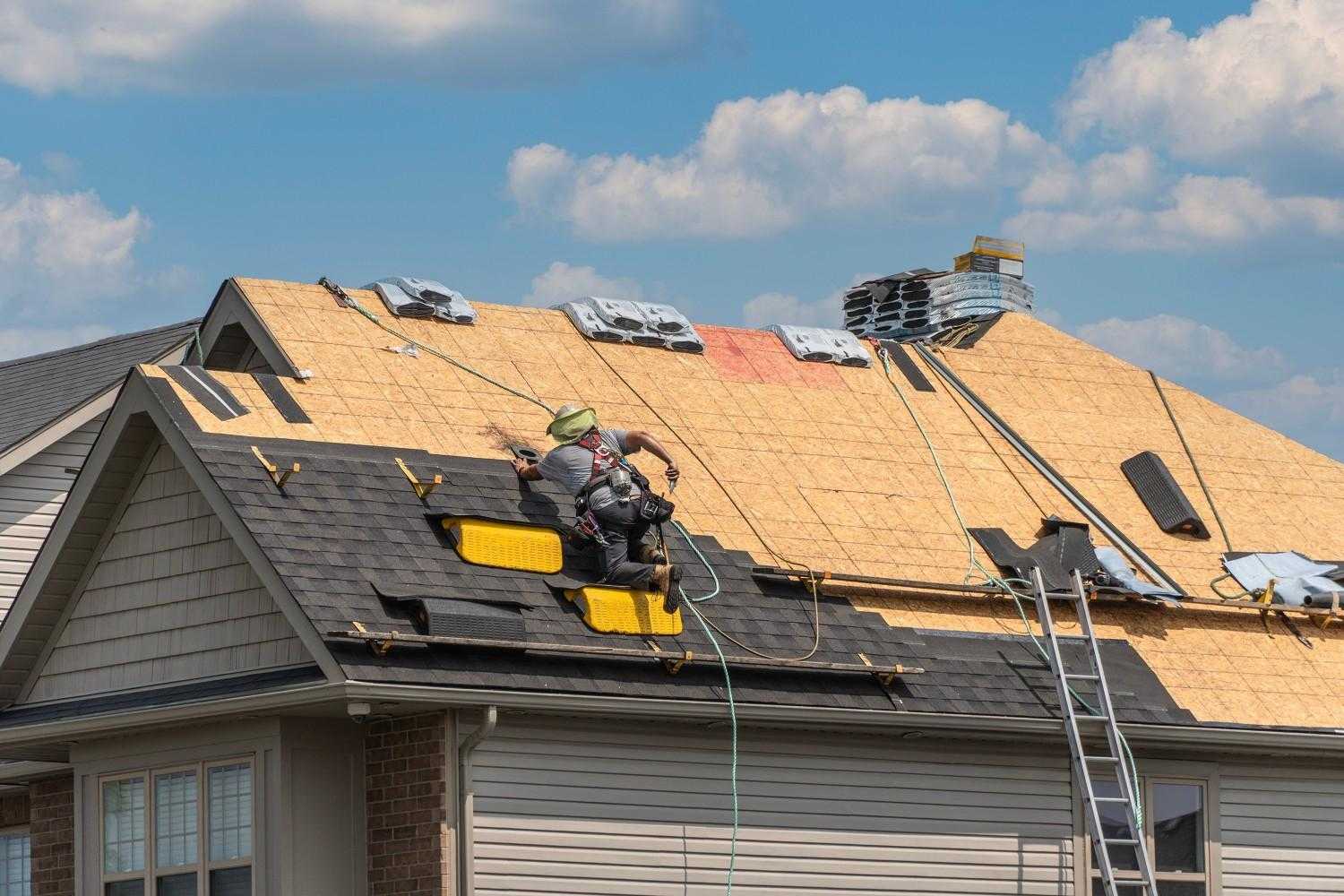
Practical Scenarios: Which Roof Suits You?
Your choice will ultimately depend on your property type, design preferences, and priorities.
- For a family home renovation: A pitched roof makes sense due to its durability and ability to provide loft space.
- For a modern urban extension: A flat roof offers a sleek look, perfect for adding roof lanterns and maximising light through UPVC windows.
- For eco-conscious homeowners: Flat roofs can support green roofing or solar panels, offering sustainability benefits.
The key is to match the roof type to your property’s purpose, ensuring it enhances both aesthetics and practicality.
Conclusion
Deciding between a pitched and a flat roof is about striking the right balance between cost, design, and long-term functionality. Pitched roofing is often chosen for its durability and classic look, while flat roofing appeals to those seeking a modern, minimalist aesthetic with usable outdoor space. Both styles, when combined with UPVC windows that builders and homeowners frequently select, can enhance energy efficiency, comfort, and the overall appeal of a home.
If you’re planning a new build, extension, or renovation, professional advice is always invaluable. Experienced specialists can help you identify the best roofing solution tailored to your property and lifestyle. For trusted craftsmanship and expertise, AO Builders Cardiff is a name you can rely on.
